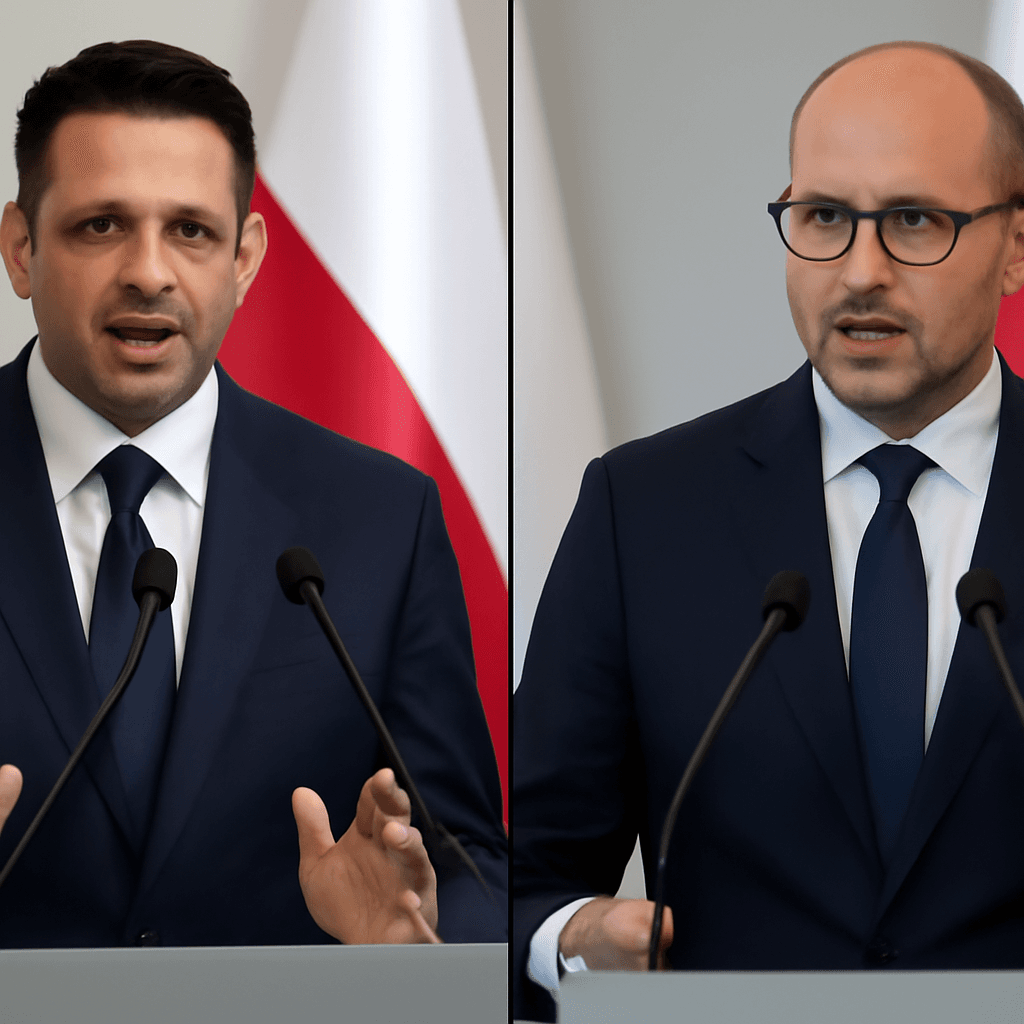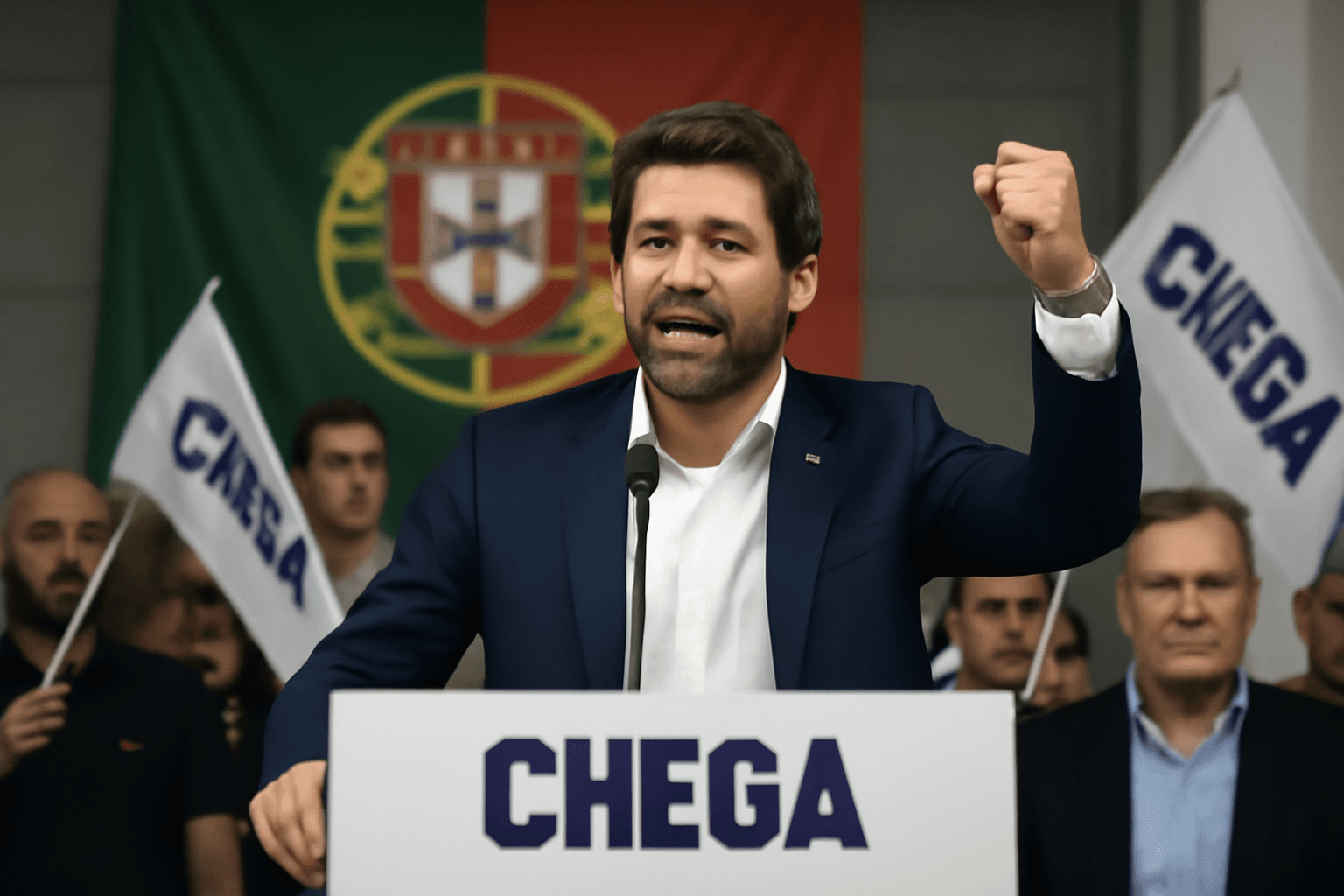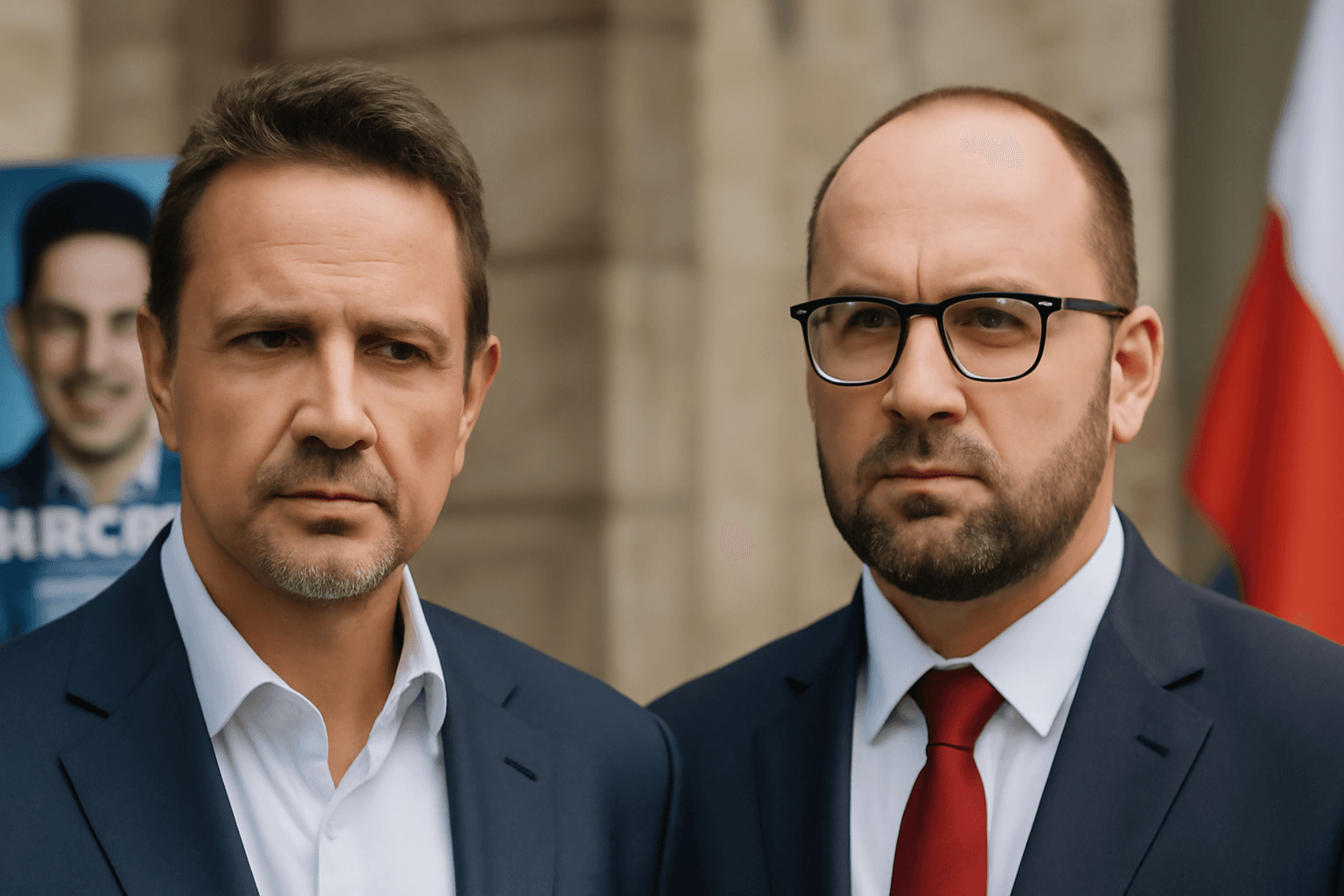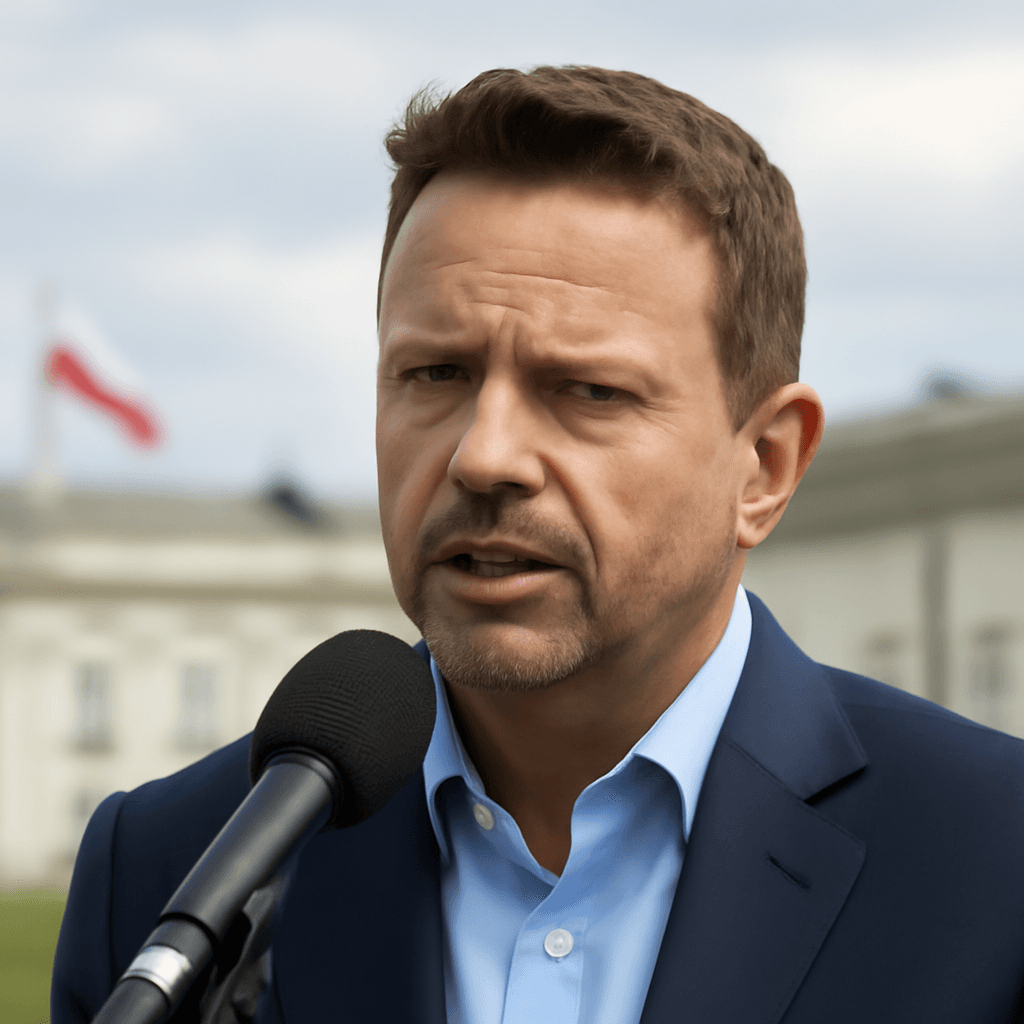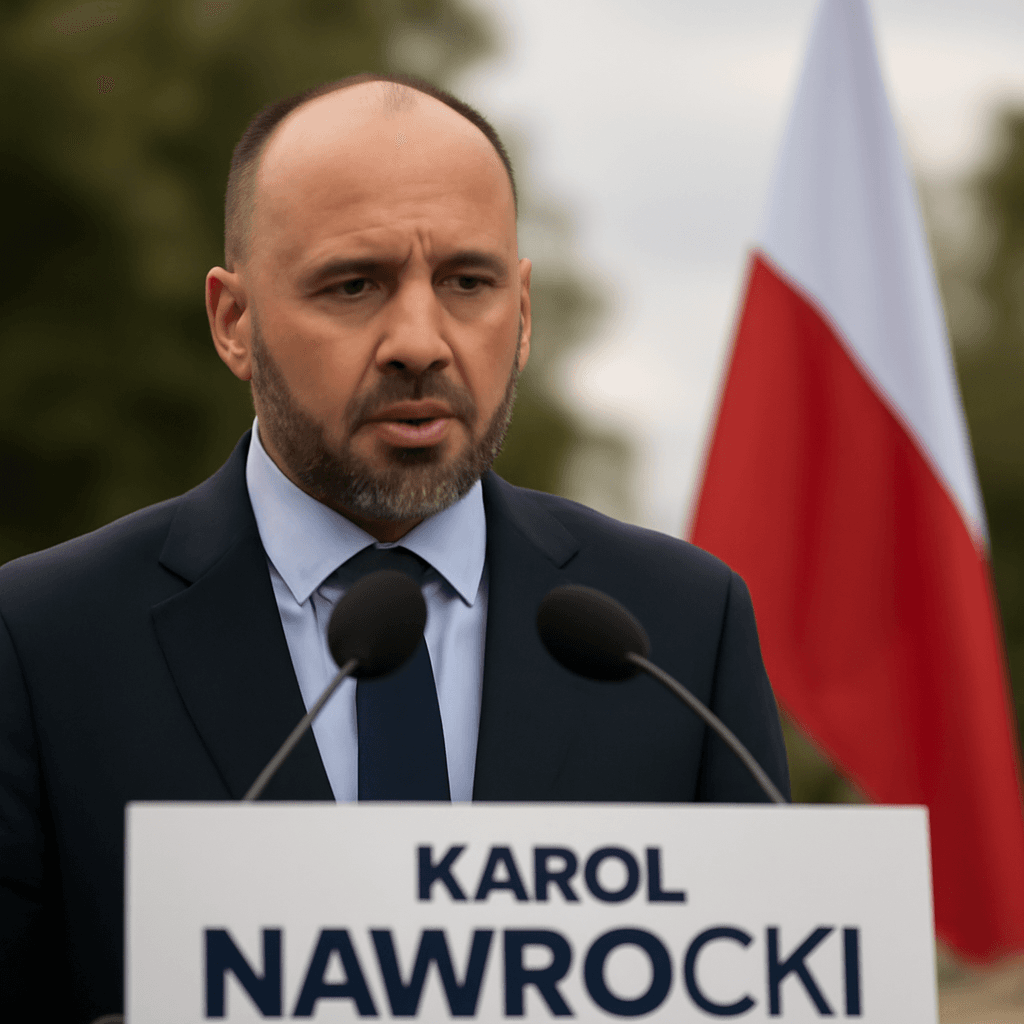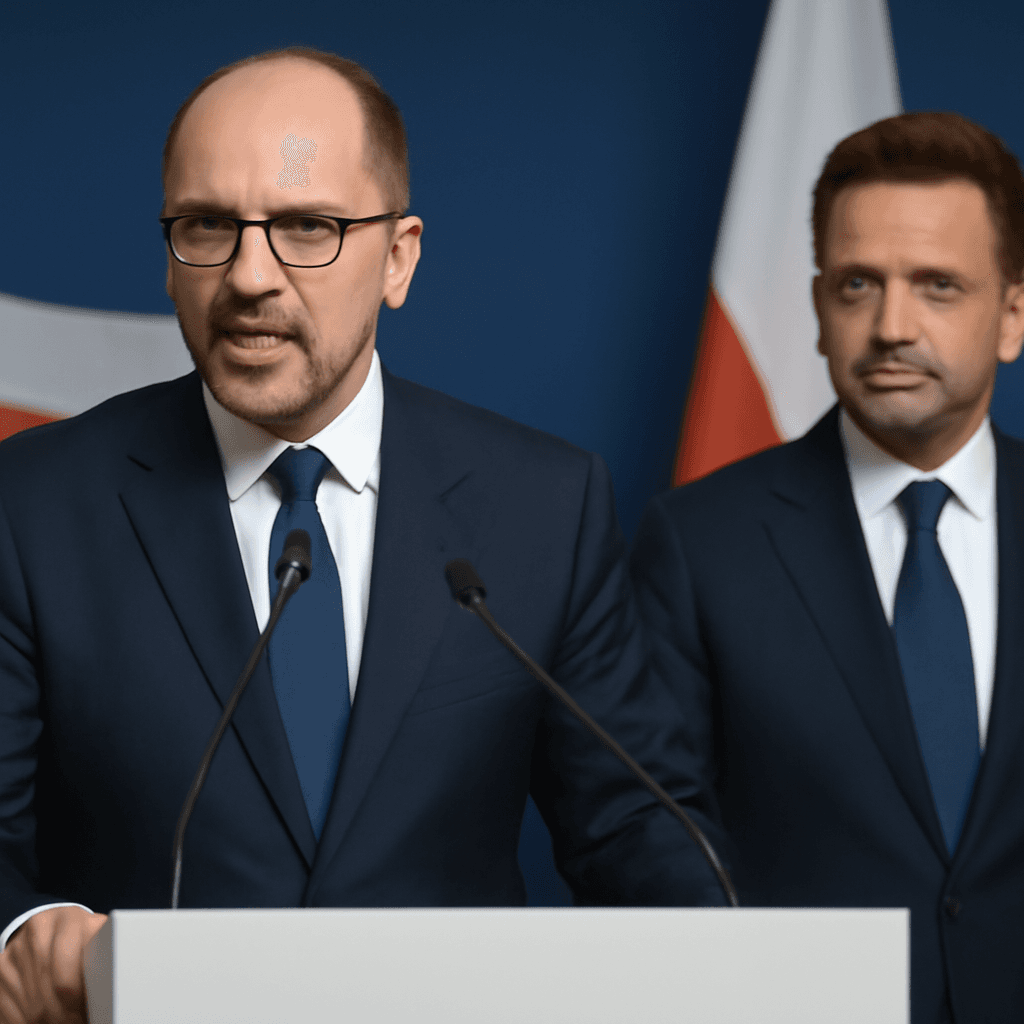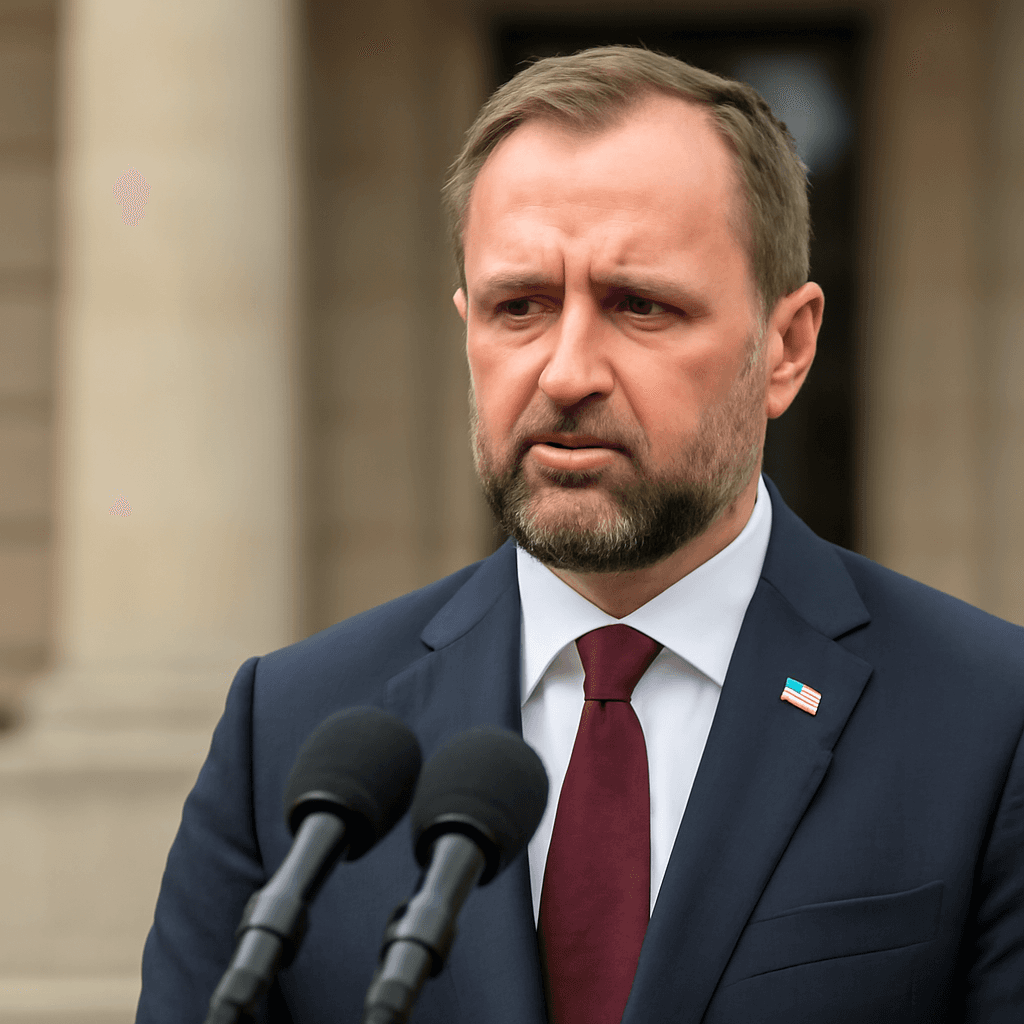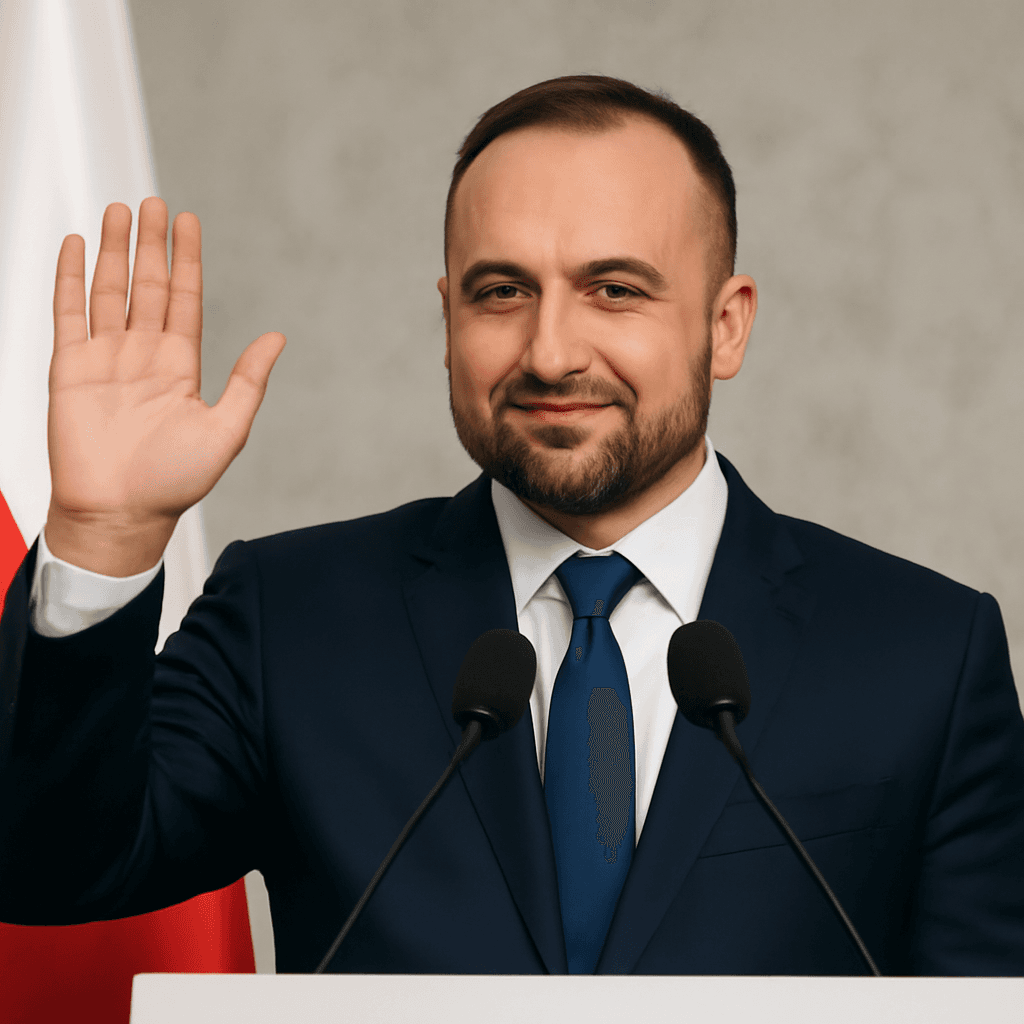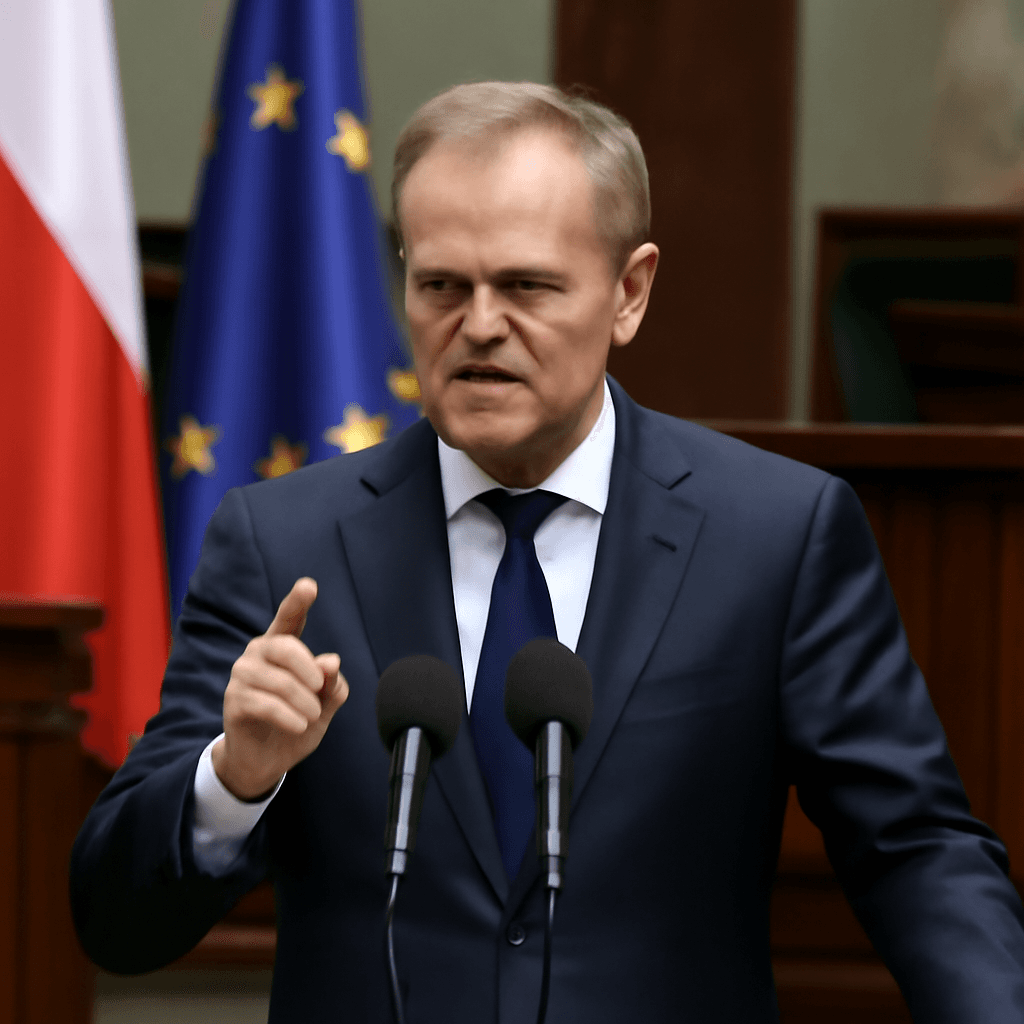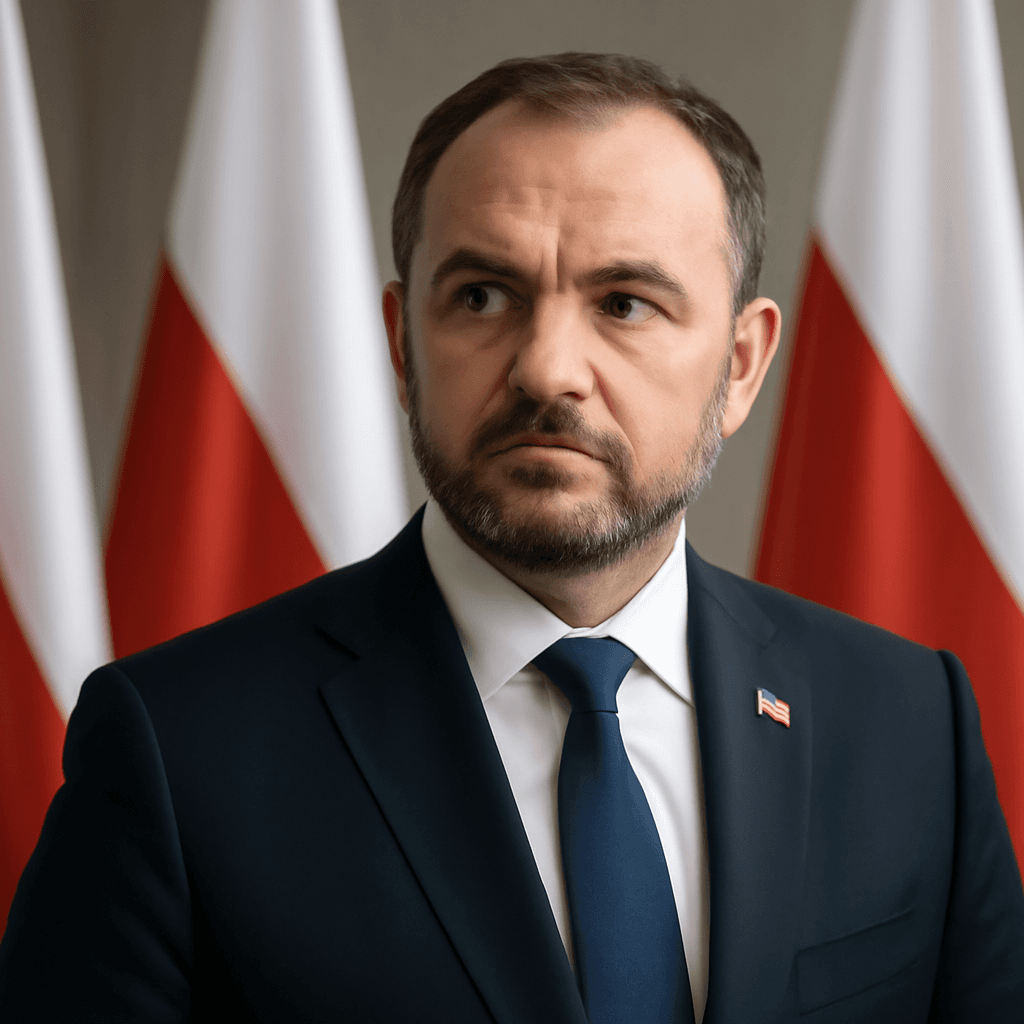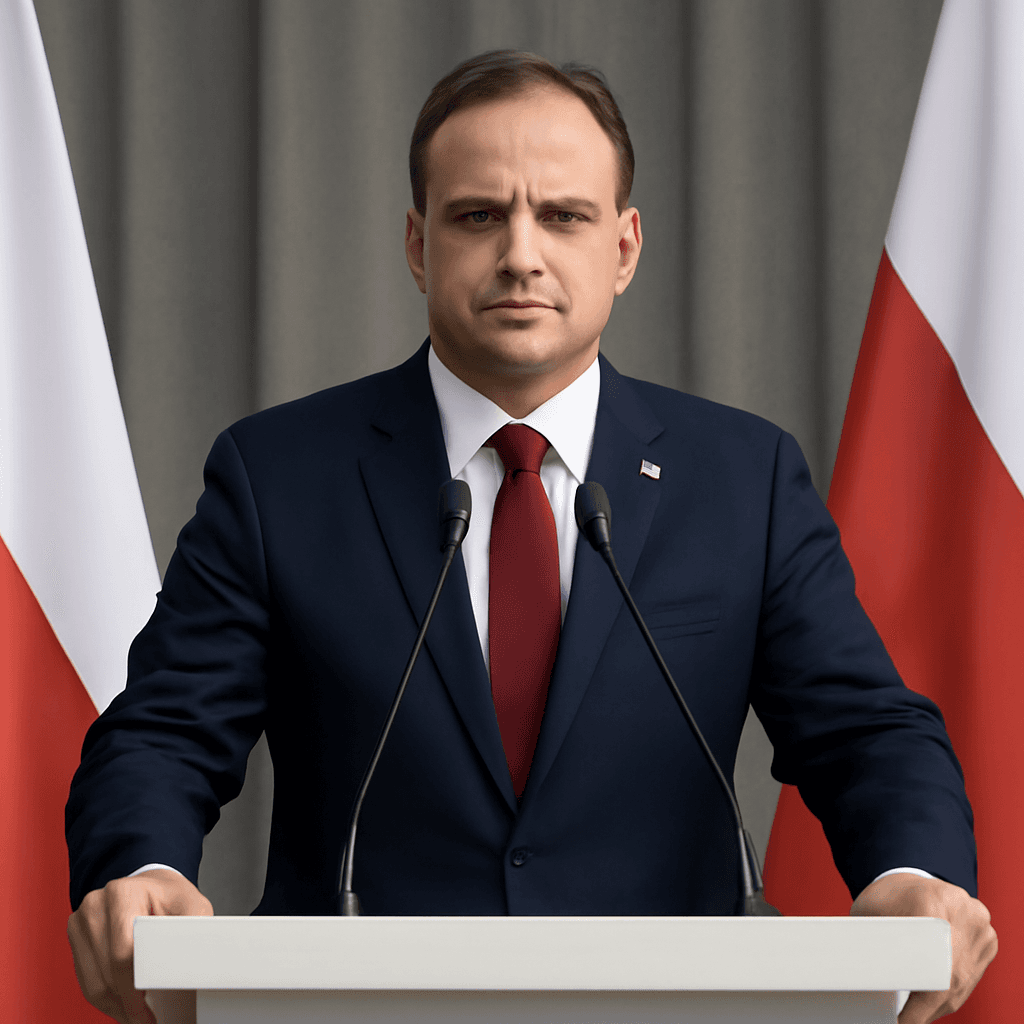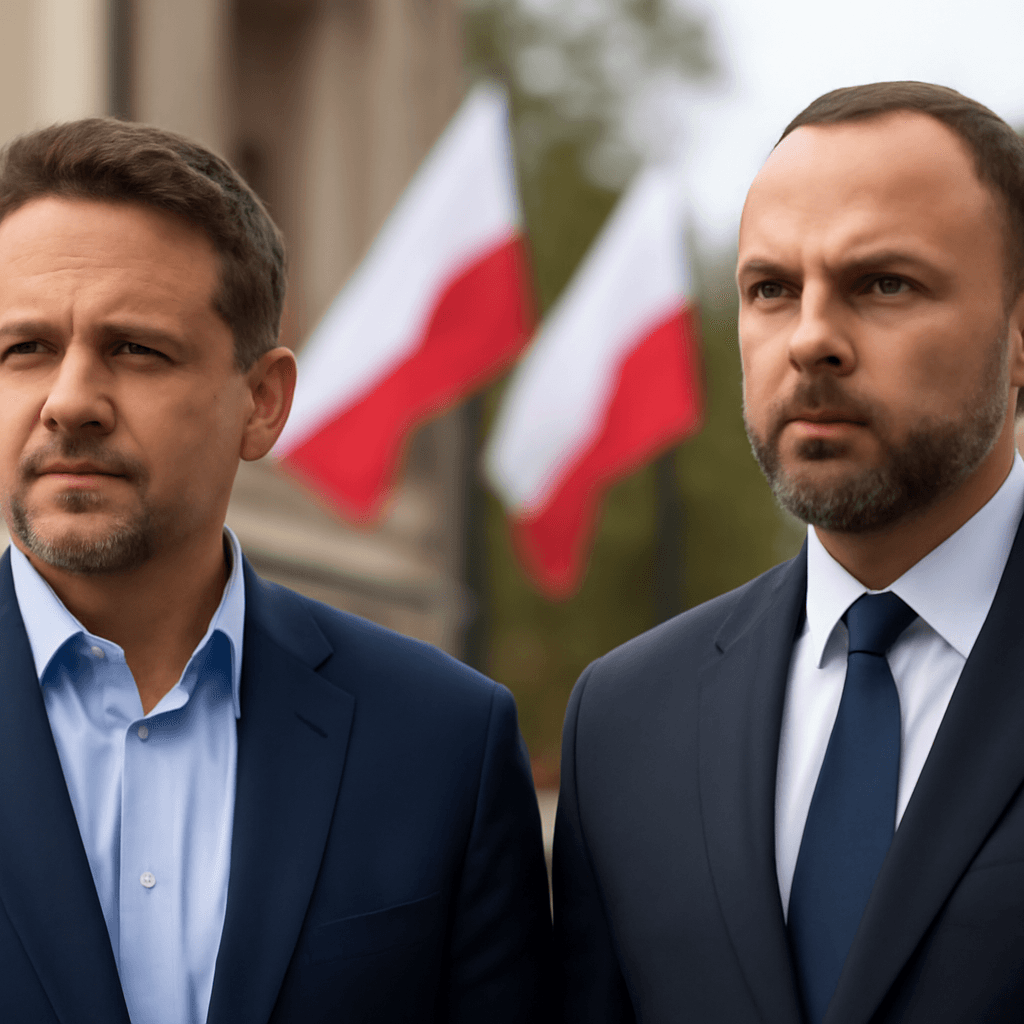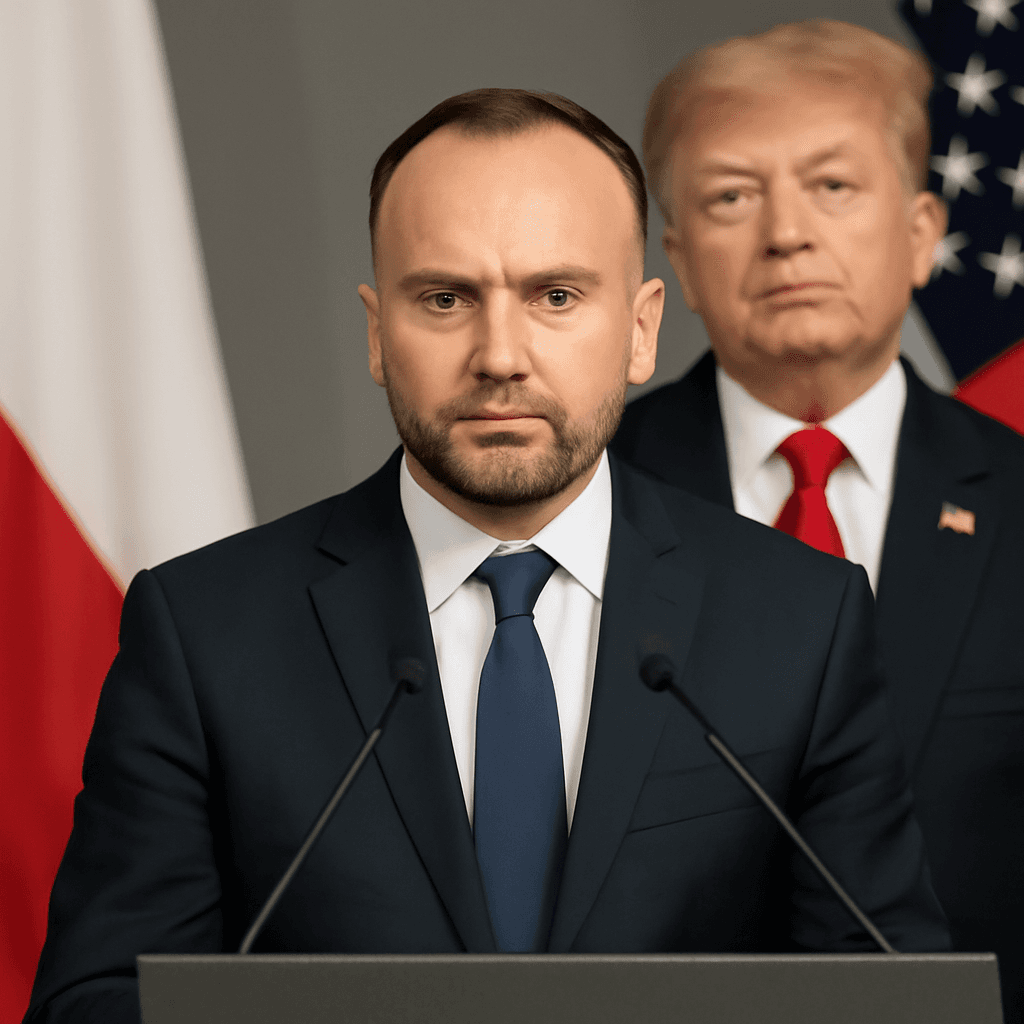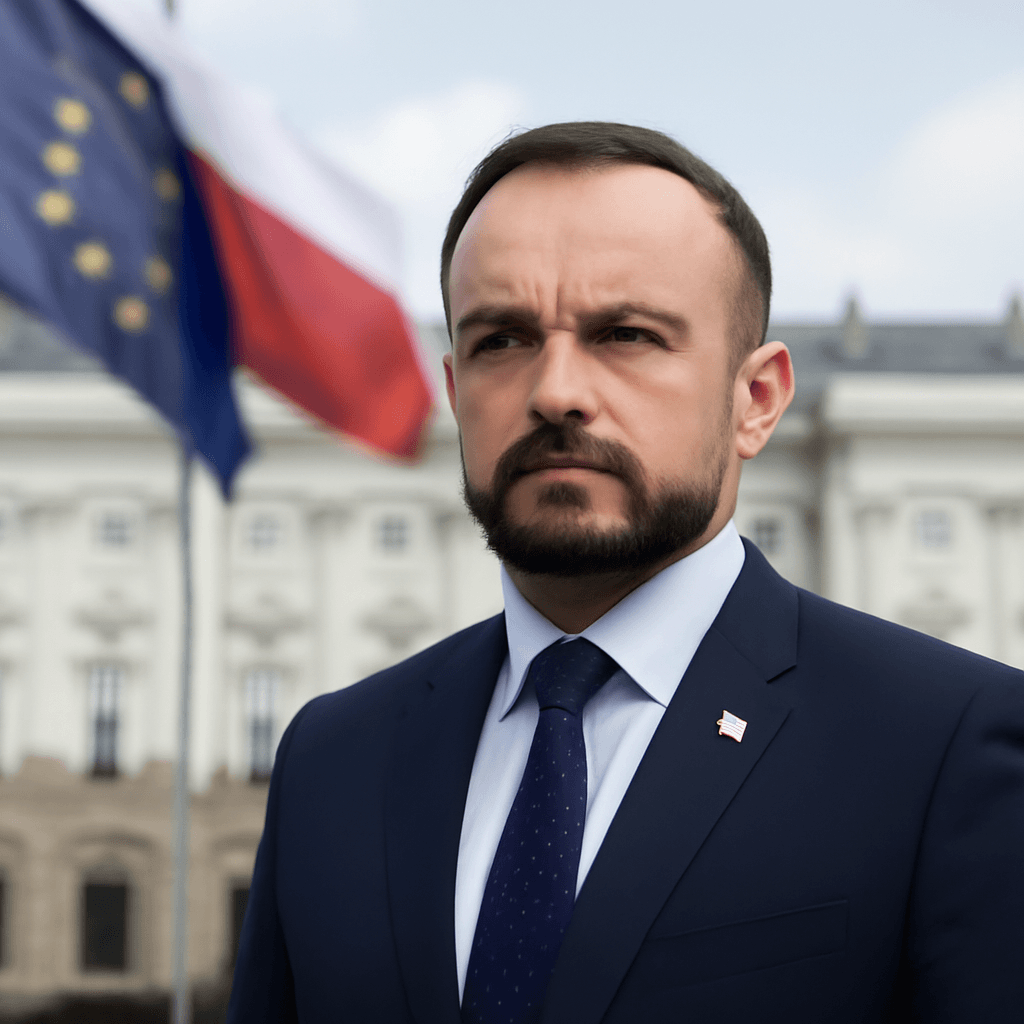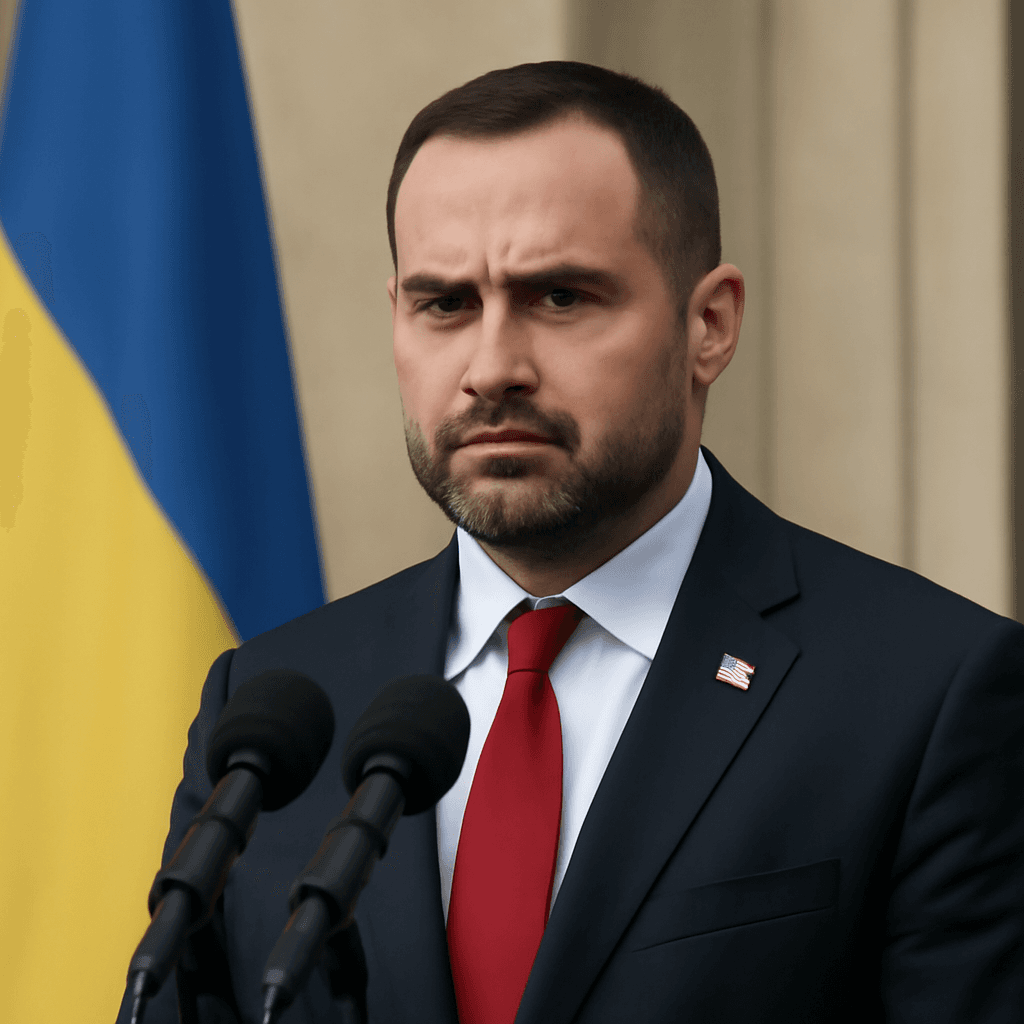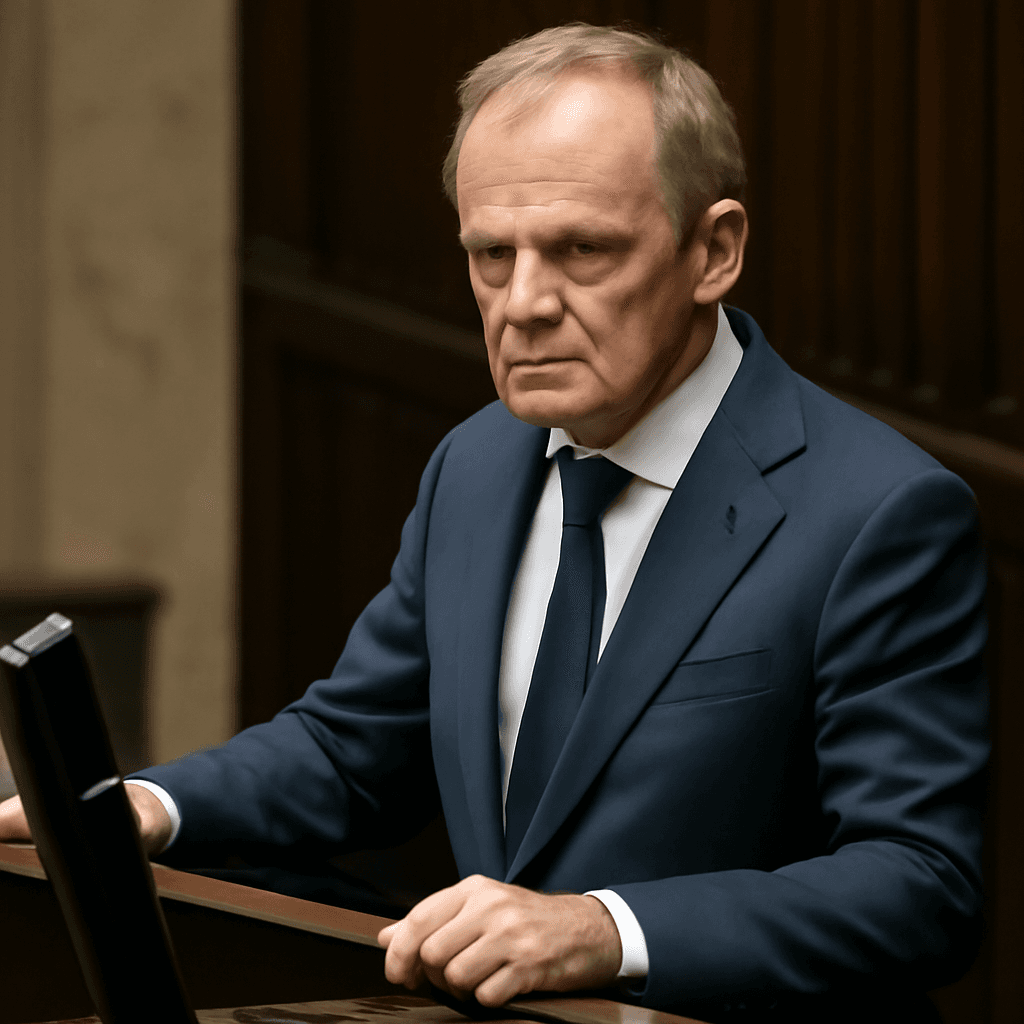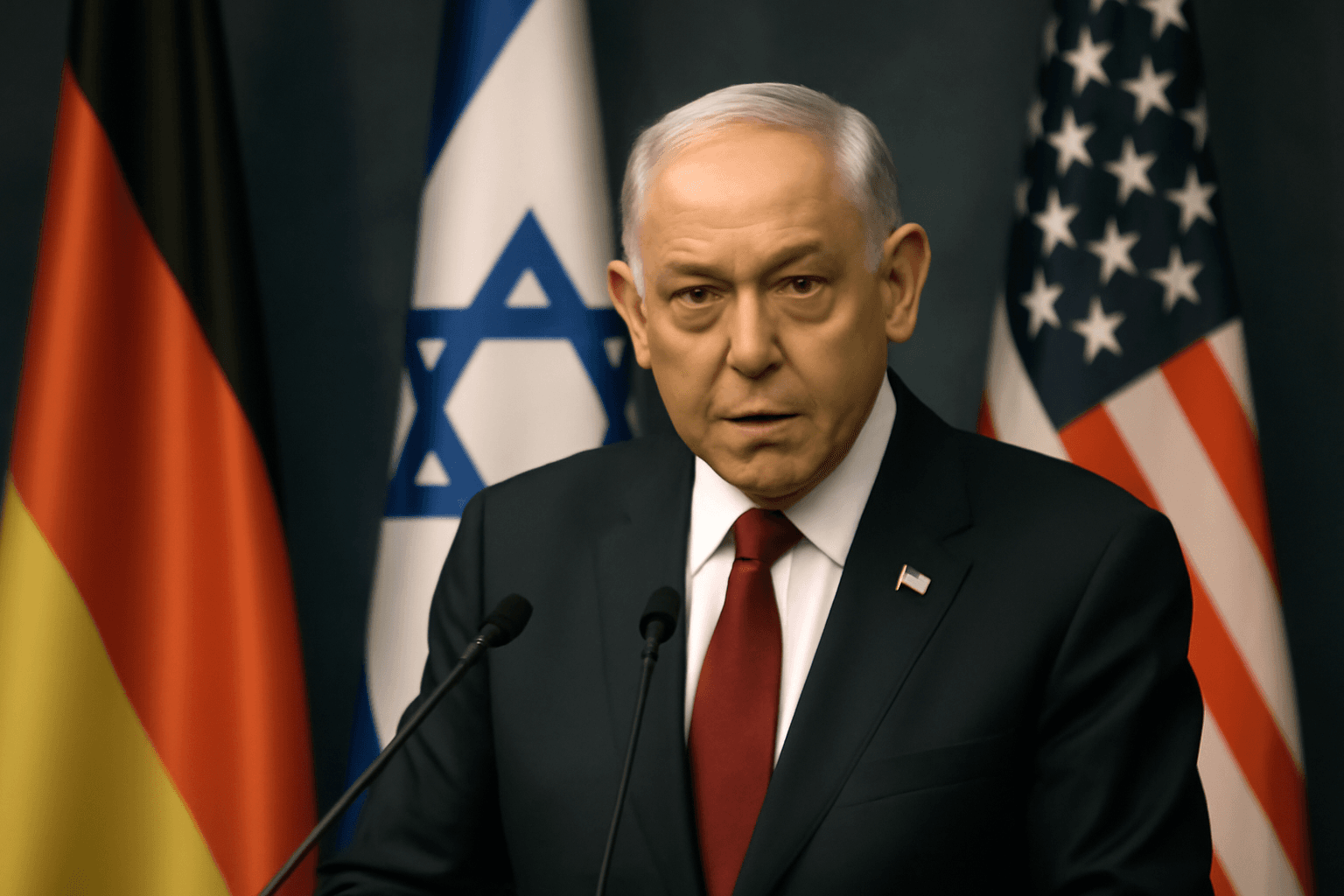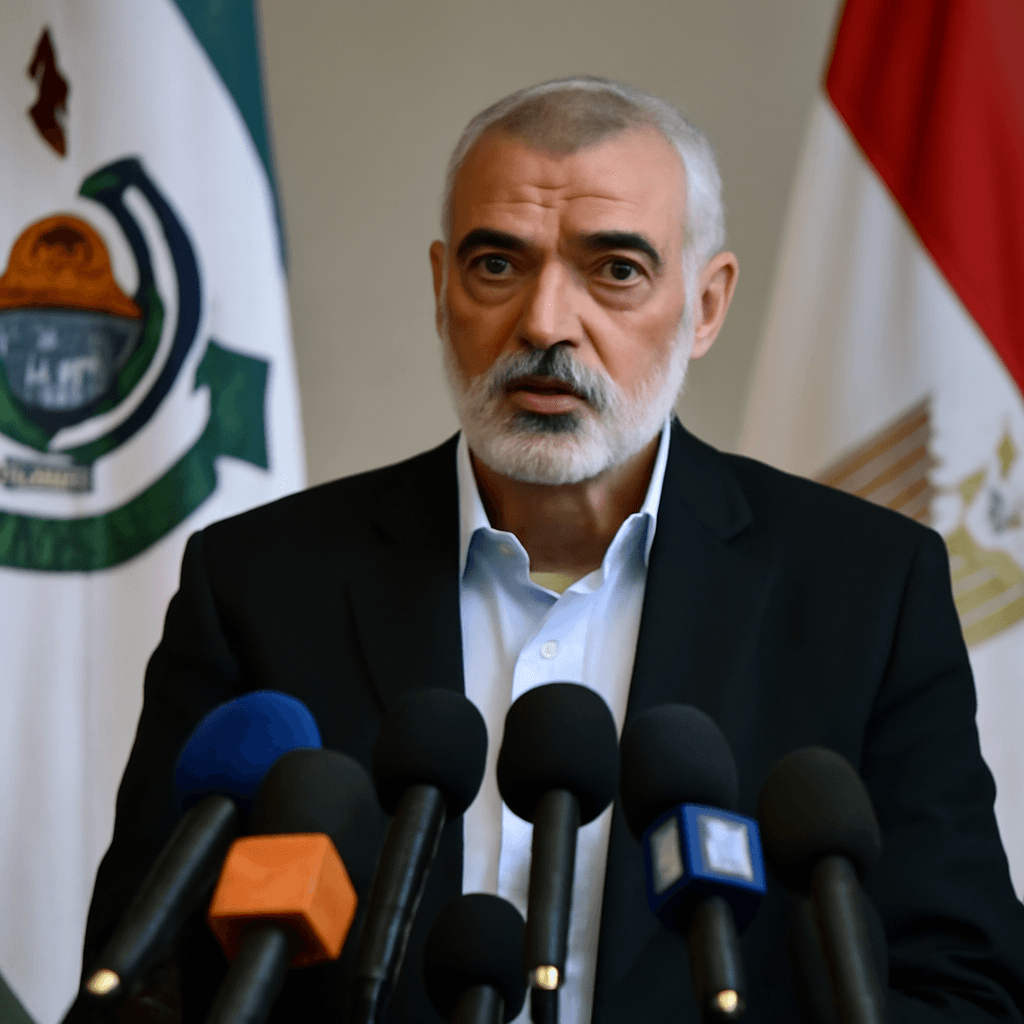Neck-and-Neck Race Shapes Poland's Political Future
Poland is experiencing a closely contested presidential runoff election, with initial exit polls indicating a statistical tie between the two candidates. The liberal mayor of Warsaw, Rafał Trzaskowski, and the conservative historian Karol Nawrocki are locked in a race that could redefine Poland’s domestic policies and influence its relationship with the European Union.
Exit Polls Show a Statistical Dead Heat
According to an Ipsos exit poll conducted at the close of voting, Trzaskowski holds a slight lead with 50.3% of the vote compared to Nawrocki’s 49.7%. The margin of error stands at ±2 percentage points, suggesting final tallies could sway either way. Both candidates have proclaimed victory in separate gatherings, reflecting the uncertainty and tension surrounding the outcome.
Statements from the Candidates
- Rafał Trzaskowski emphasized this moment as historic, expressing confidence in his capacity to lead Poland forward and prioritizing future-oriented governance.
- Karol Nawrocki affirmed his belief in prevailing, emphasizing his commitment to protecting Polish sovereignty and conservative values.
Anticipation of Official Results
The announcement from the preliminary “late poll,” which integrates partial vote counts with survey data, is awaited to provide greater clarity. Official final results are expected to be declared the following day.
Significance of the Runoff Election
This decisive runoff pits Trzaskowski, a liberal and pro-EU politician, against Nawrocki, a conservative affiliated with the right-wing Law and Justice party and aligned with global conservative figures. The race highlights Poland’s notable social and political fissures.
Potential Directions for Poland
The election’s outcome will determine whether Poland adopts a more nationalist trajectory or embraces liberal democratic principles. With the current president completing his term, the new leader’s power to veto legislation will critically influence Prime Minister Donald Tusk’s centrist government and its policy agenda.
Campaign Themes and Voter Perspectives
The campaign has illuminated the country's ideological divides:
- Trzaskowski promises judicial independence, eased abortion laws, and stronger European cooperation.
- Nawrocki positions himself as a protector of traditional Polish values, skeptical of the European Union.
Many voters express hopes for reduced division and increased political dialogue following a polarized campaign.
Controversies and Public Opinion
Nawrocki has faced allegations related to prior associations with criminal elements and involvement in violent incidents—charges he denies, citing past conflicts as noble struggles. These controversies have not significantly diminished his backing among right-wing supporters, many of whom perceive the accusations as politically motivated.
Supporter Insights
- Supporters of Nawrocki emphasize a desire for a Poland free from illegal immigration and rooted in patriotism, faith, and tradition.
- Some criticize Trzaskowski for perceived foreign influence, portraying him as controlled by external powers, especially Germany.
International and Security Context
Both candidates support aid to Ukraine amid ongoing regional security concerns stemming from Russia’s conflict with its neighbor. However, they diverge on Ukraine’s potential NATO membership, with Trzaskowski expressing future support and Nawrocki opposing it.
Alignment with Broader Political Movements
Nawrocki’s campaign mirrors conservative themes prevalent in Western politics, emphasizing traditionalism and skepticism of supranational control. In contrast, Trzaskowski garners support from centrist Europeans advocating democratic resilience against authoritarian pressures.

